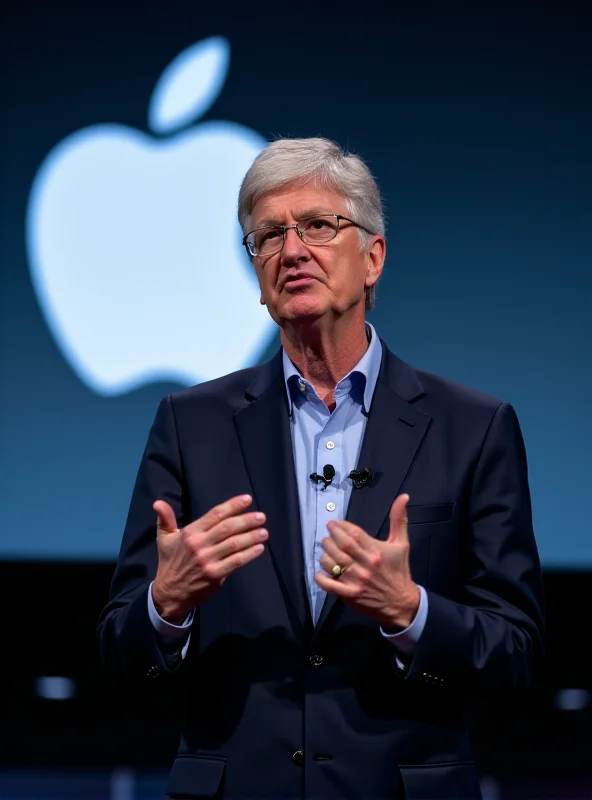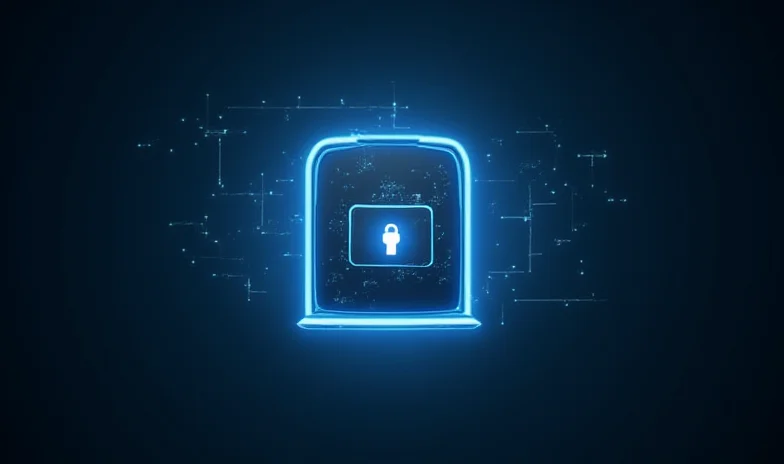Apple is locked in a legal battle with the UK government over demands for access to encrypted iCloud accounts. The tech giant has filed a complaint with the Investigatory Powers Tribunal (IPT), an independent judicial body, challenging the legality of the government's request for a backdoor into iCloud.

The UK government's demand, stemming from the 2016 Investigatory Powers Act, would require Apple to create a backdoor, allowing law enforcement access to encrypted iCloud backups. Apple argues that creating such a backdoor would compromise the security and privacy of all iCloud users, not just those under investigation.
The Heart of the Matter: Encryption and Privacy
At the core of this dispute is the fundamental debate over encryption and privacy versus national security. Apple has consistently maintained a strong stance against creating backdoors, arguing that they inevitably weaken security and could be exploited by malicious actors.
“We have never built a back door or master key to any of our products or services and we never will,” Apple stated in a previous announcement, reaffirming its commitment to user privacy. This statement underscores the company's unwavering position against compromising the security of its products.

The UK government, however, argues that access to encrypted data is crucial for law enforcement to combat terrorism and serious crime. Security Minister Dan Jarvis defended the demand, stating that the Investigatory Powers Act contains "robust safeguards and independent oversight to protect privacy and ensure that data is obtained only on an exceptional basis, and only when it is necessary and proportionate to do so."
The original request would have granted UK law enforcement access to an encrypted iCloud account after obtaining a warrant approved by a judge. However, Apple emphasizes that even they do not have access to this encrypted data, highlighting the inherent risks of creating a backdoor.
International Implications and Scrutiny
The case has garnered international attention, with US intelligence agencies, including the CIA and NSA, also taking a closer look. Tulsi Gabbard, the US director of national intelligence (DNI), announced that these agencies are examining the UK's request after concerns were raised by US politicians.

The IPT has accepted Apple’s case and will consider whether the UK’s demands were lawful. The hearing could take place soon, although it remains unclear whether it will be open to the public, as the UK government is likely to argue for restrictions on national security grounds.
This legal challenge marks a significant moment in the ongoing debate about the balance between privacy, security, and government access to personal data. The outcome could have far-reaching implications for tech companies, governments, and individuals worldwide.
Adding to the tension, UK Members of Parliament are also debating copyright issues related to AI, urging ministers to prioritize fair compensation for creators whose works are used to train AI models. This adds another layer to the already complex relationship between technology, government regulation, and individual rights.
